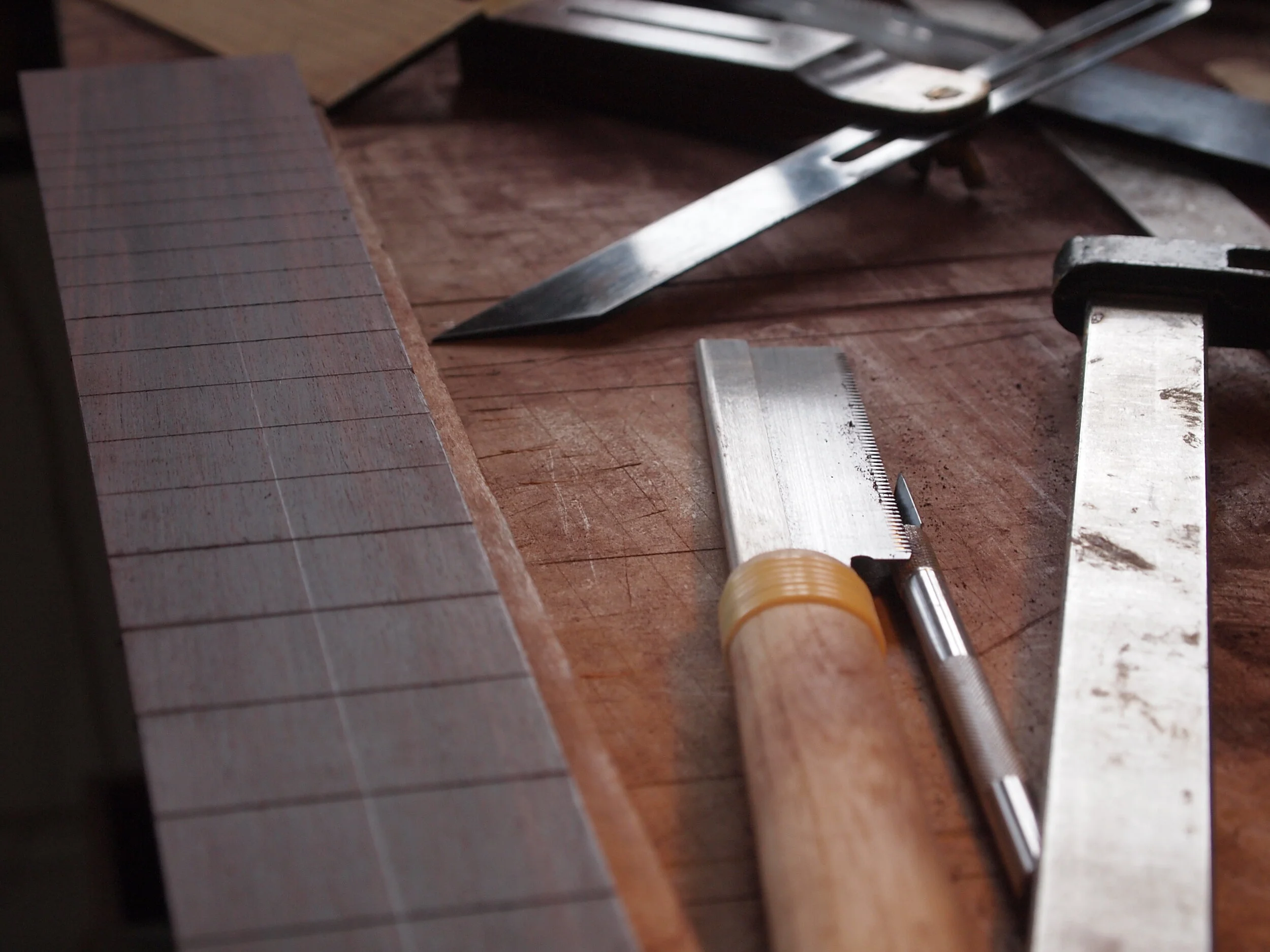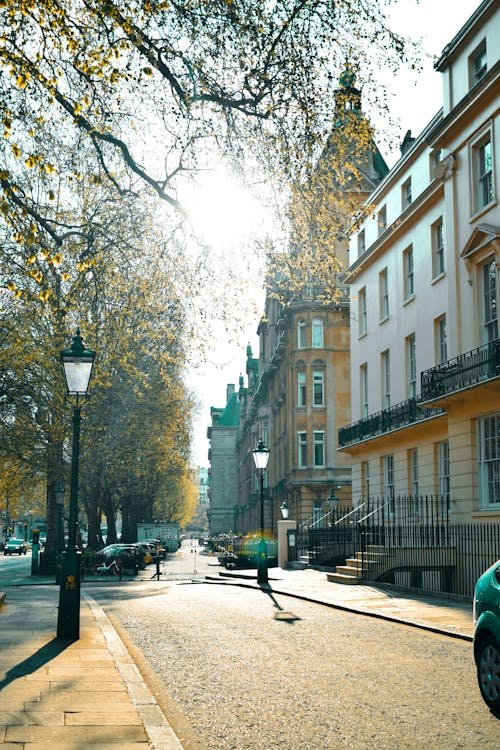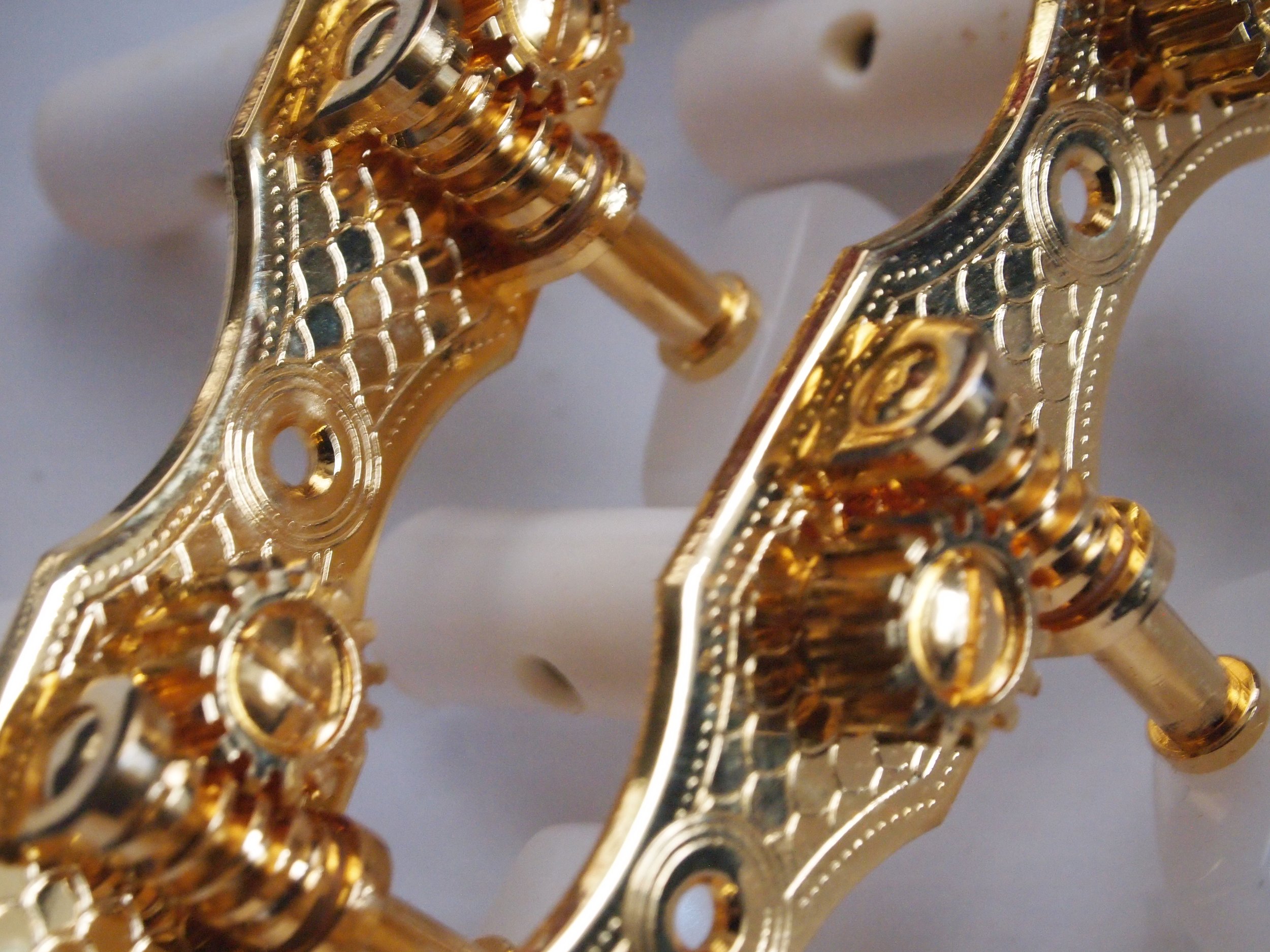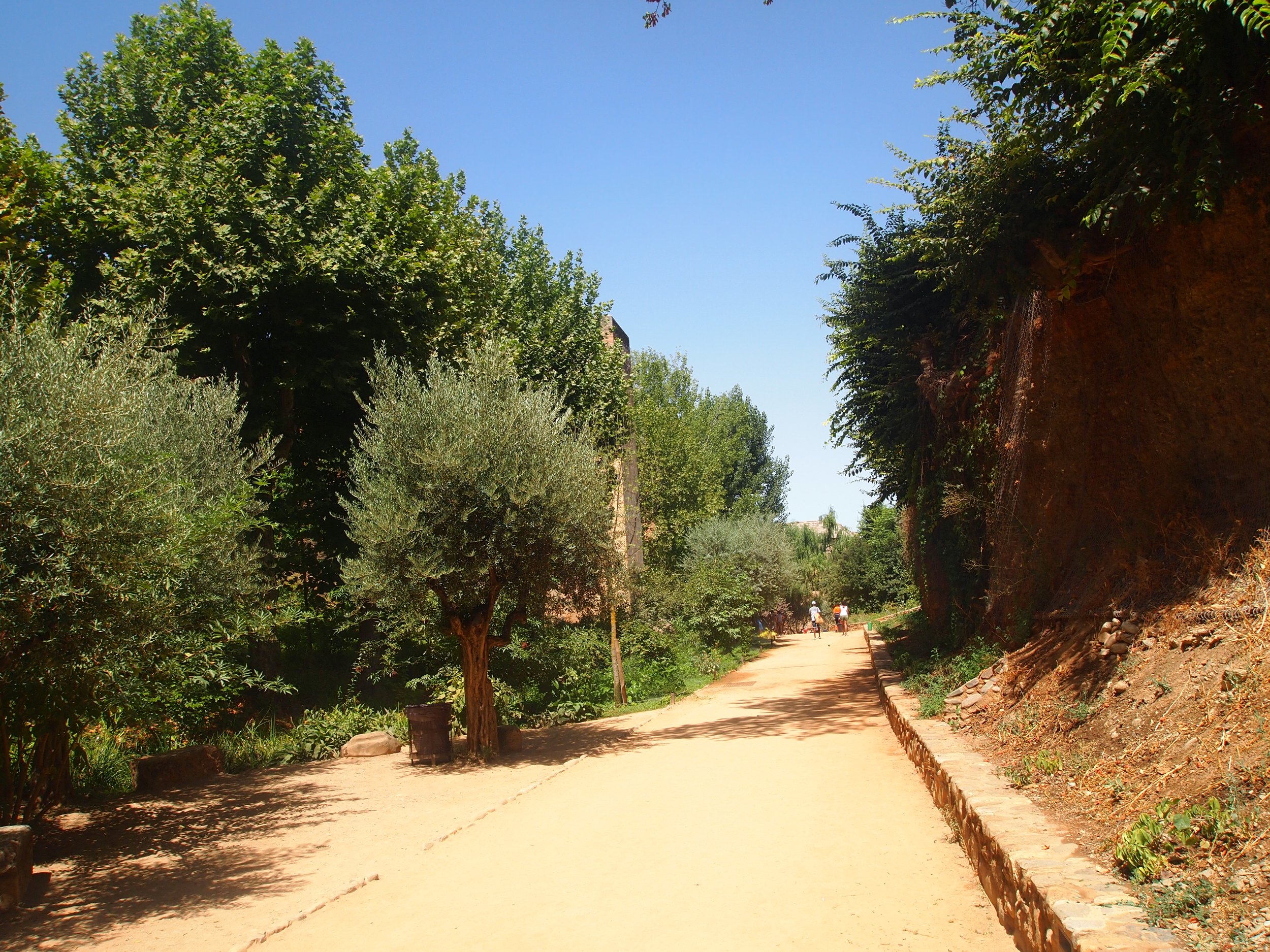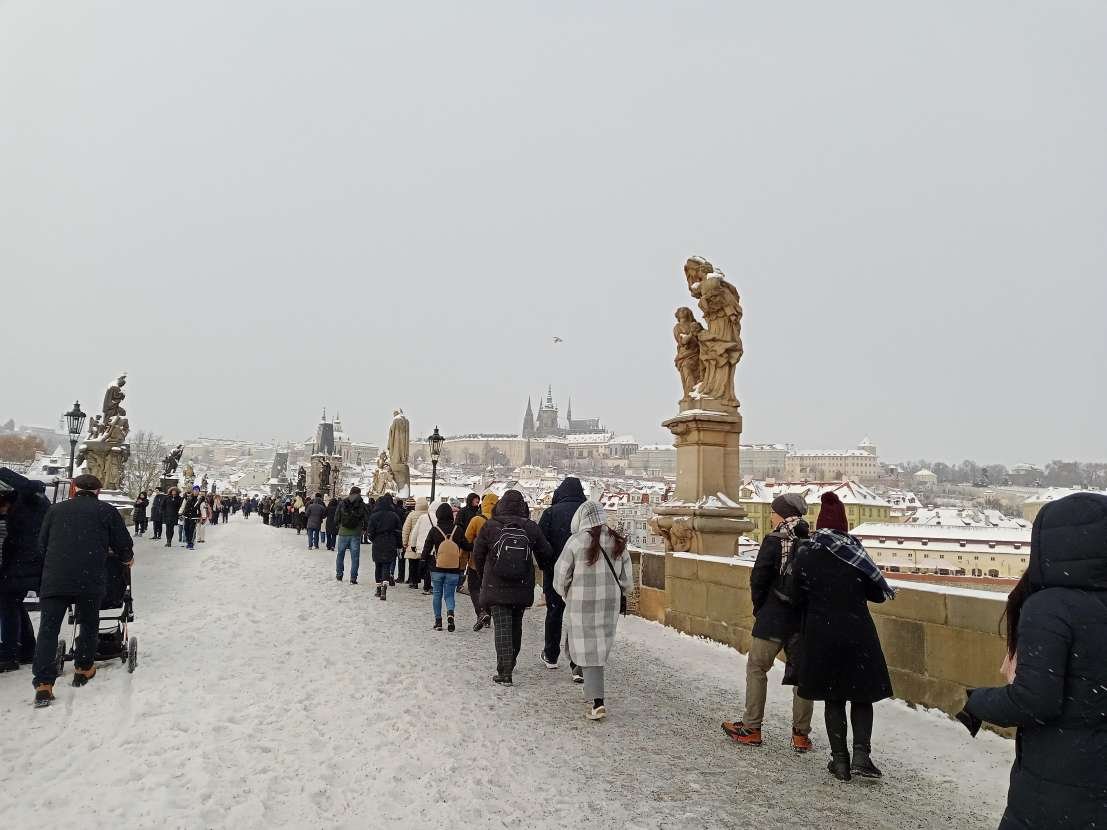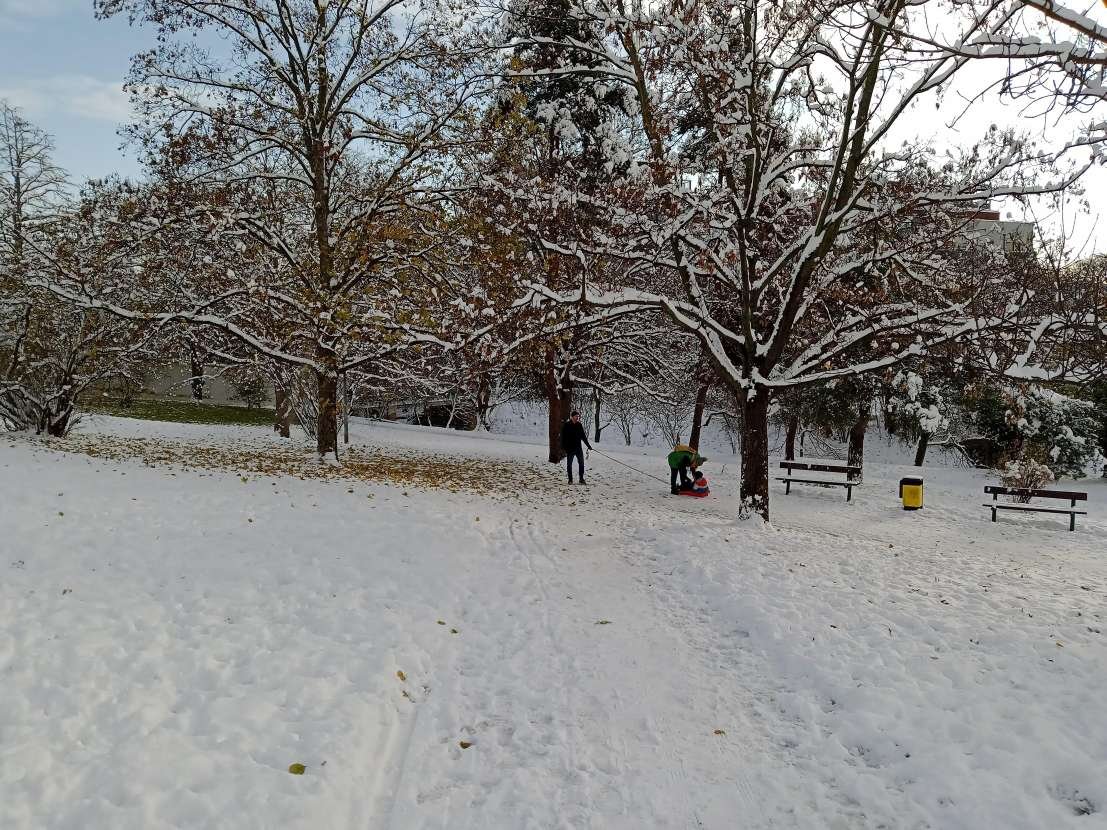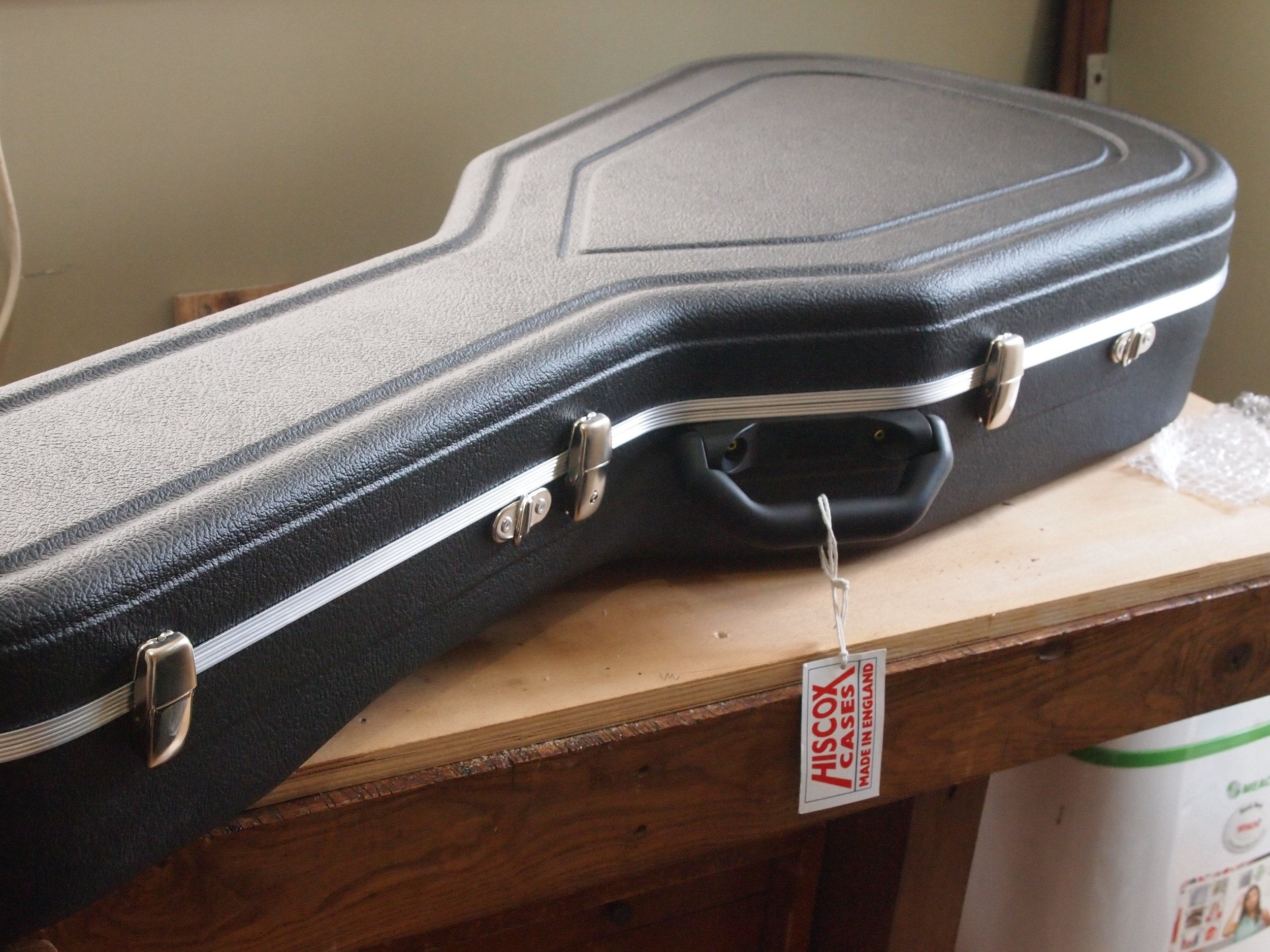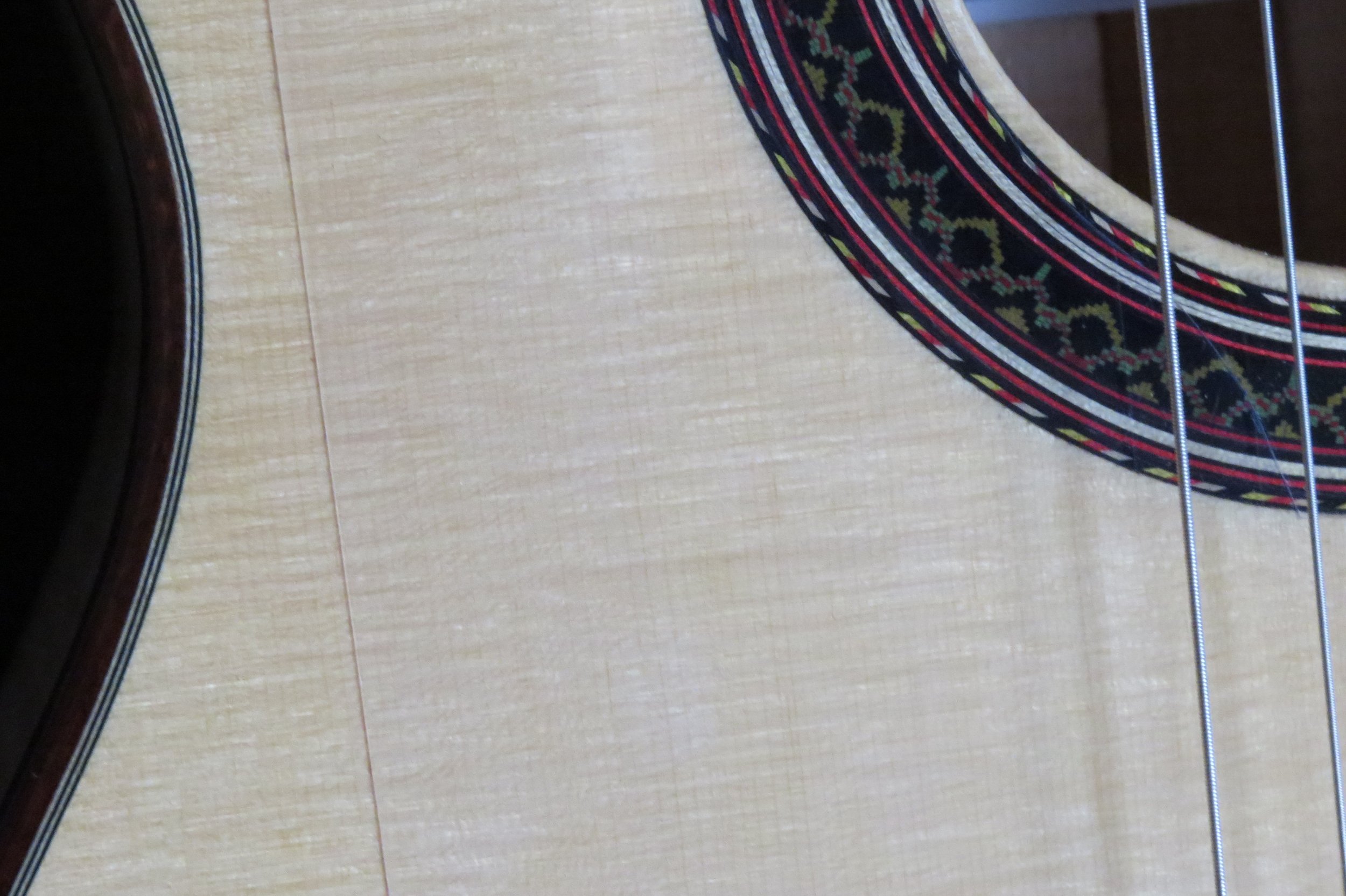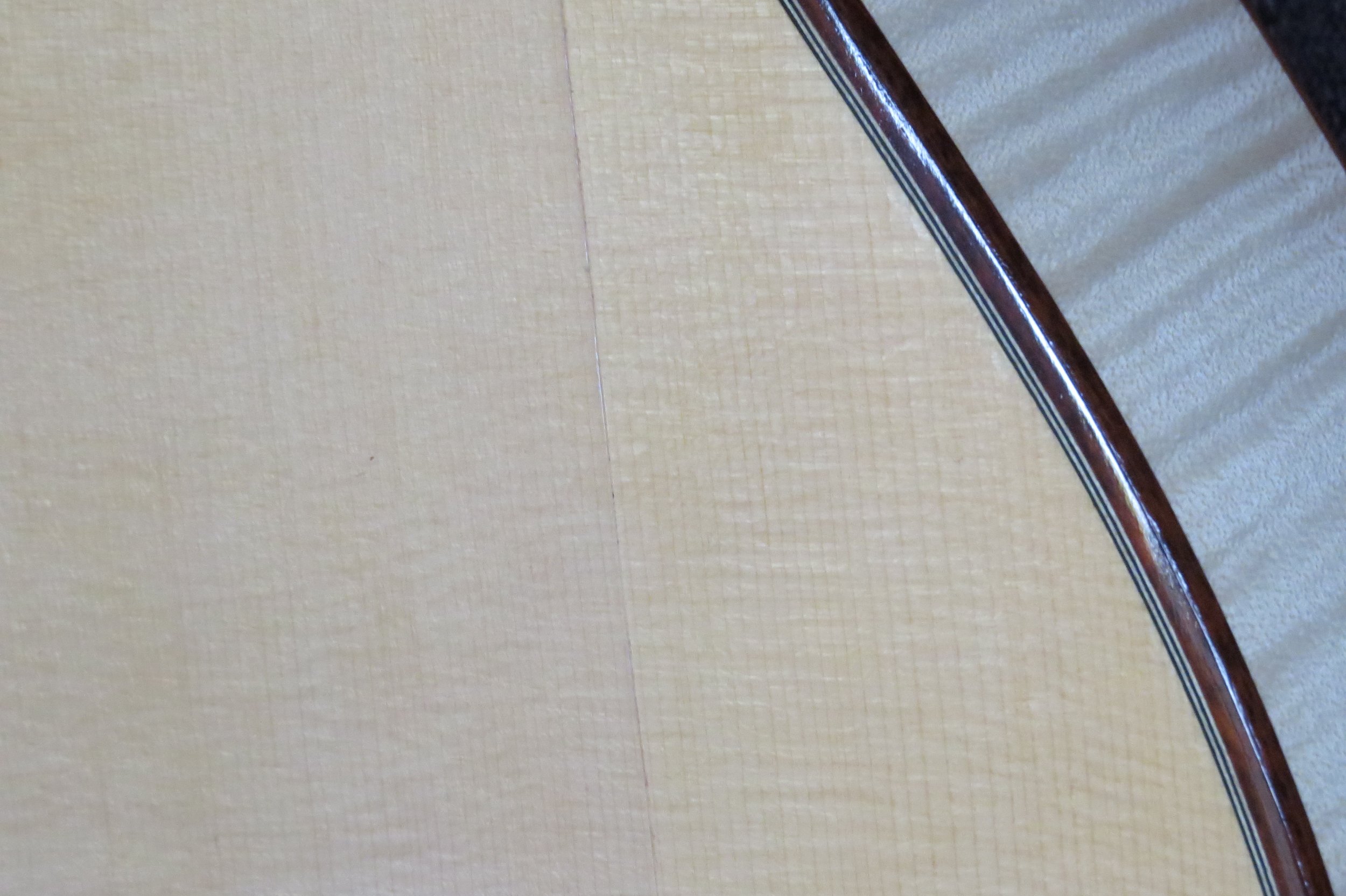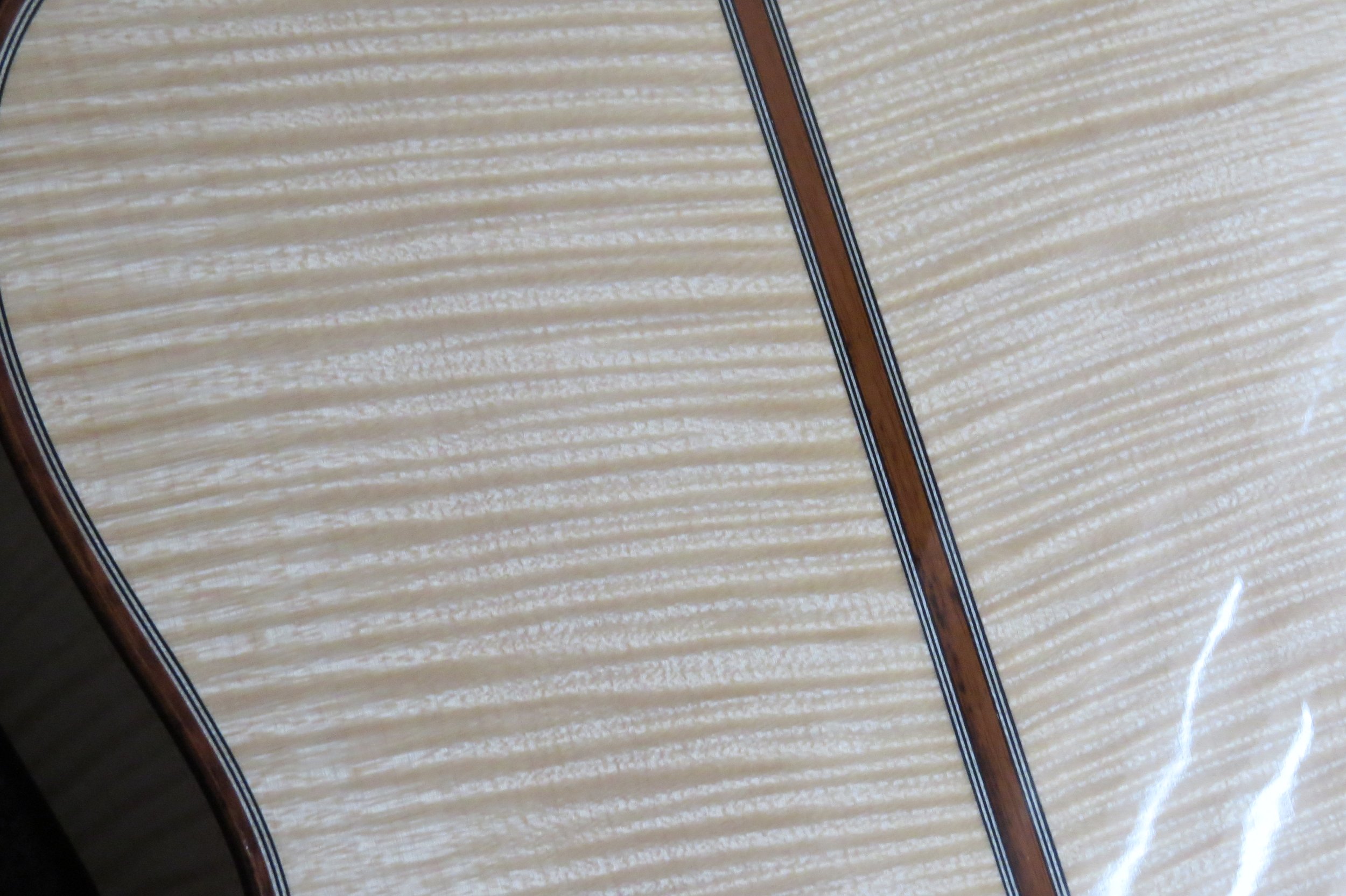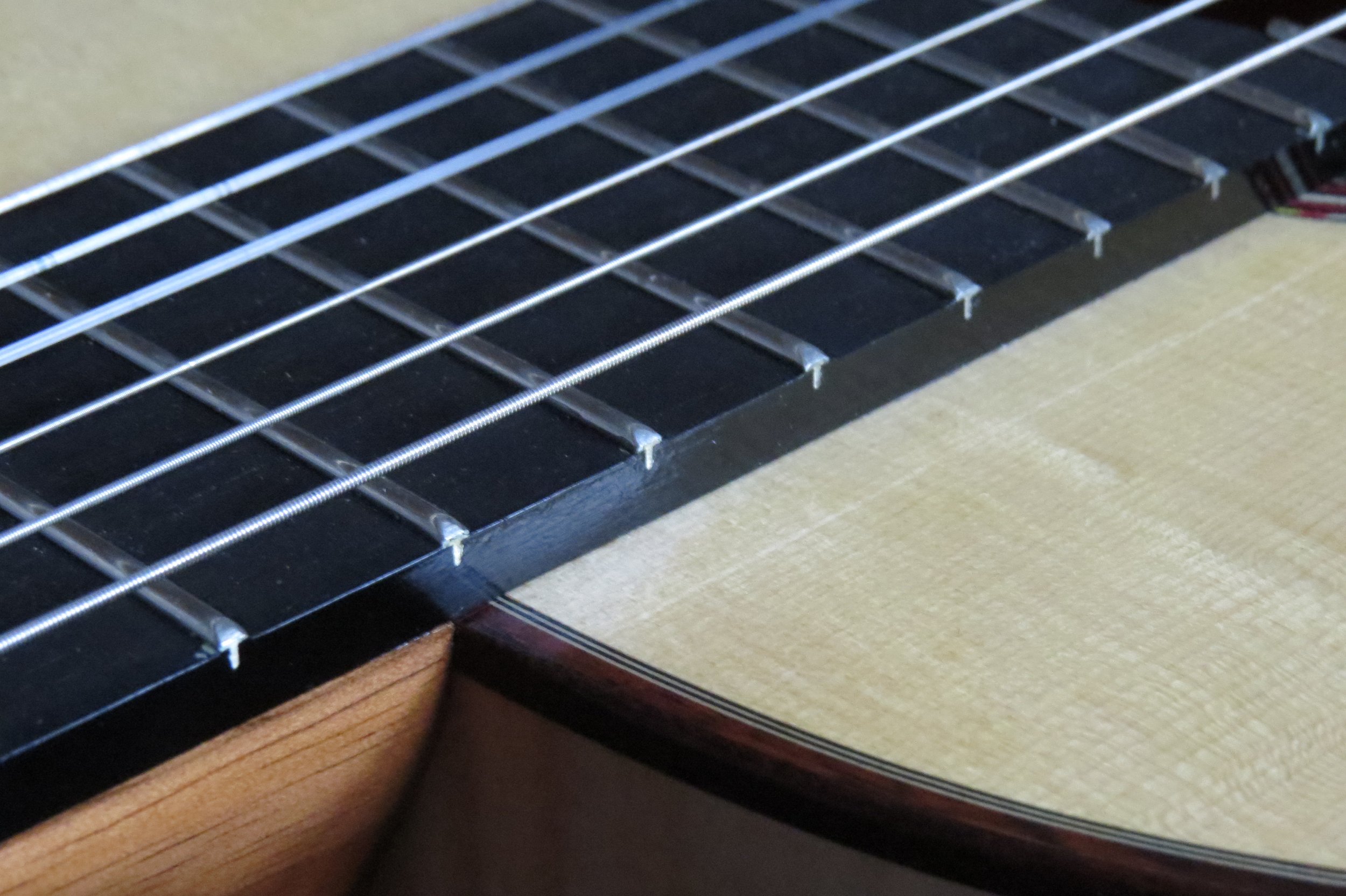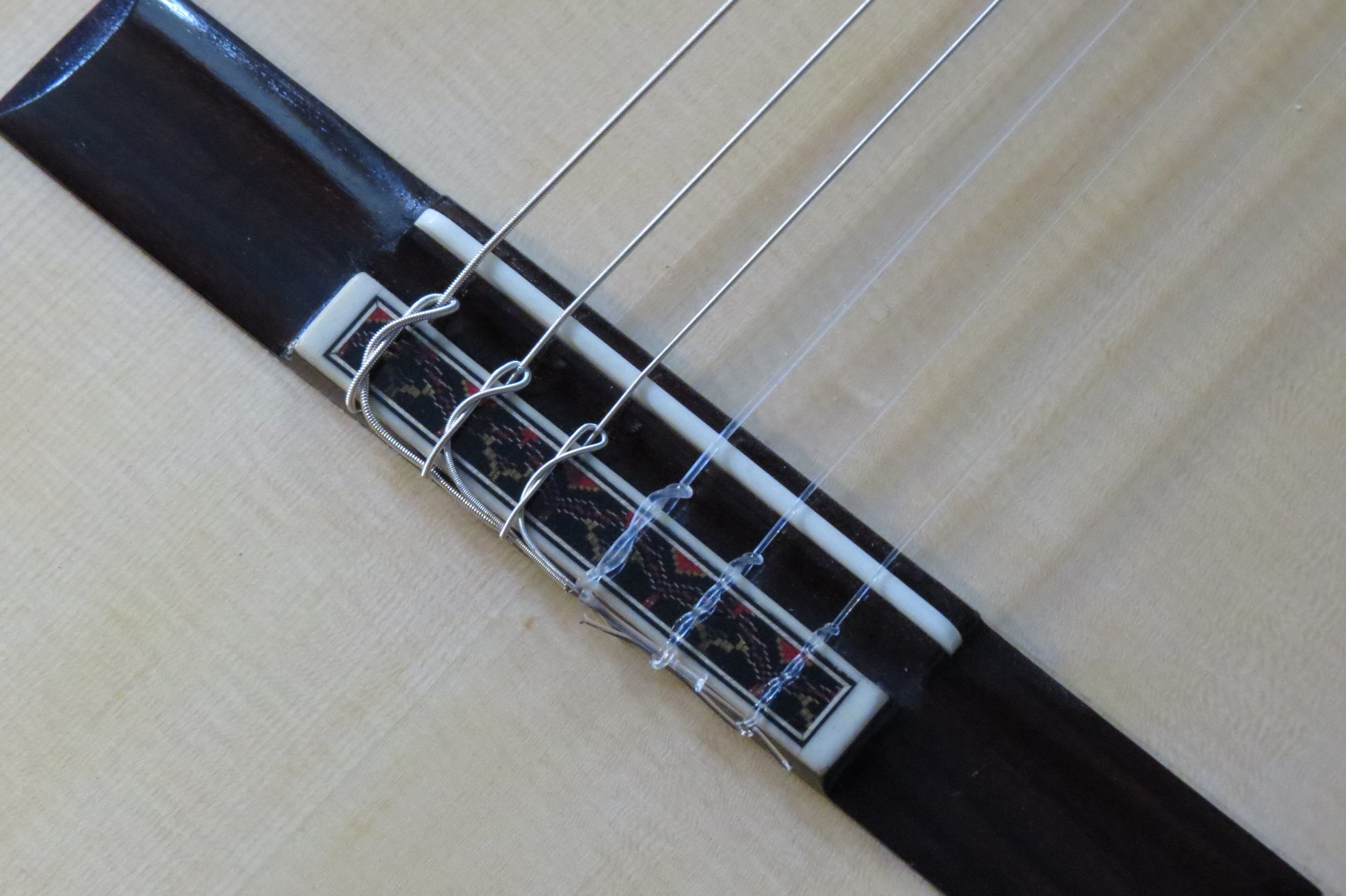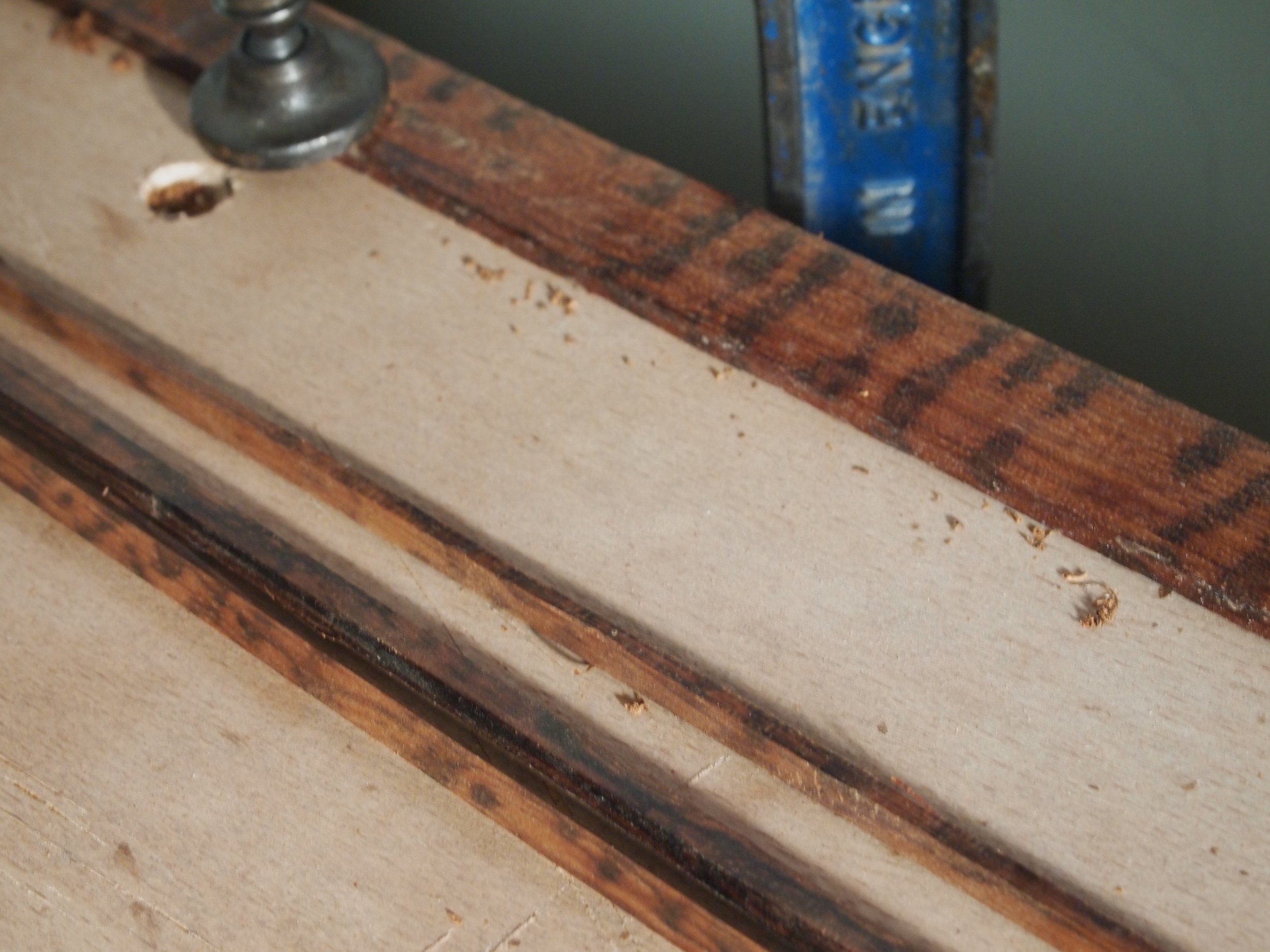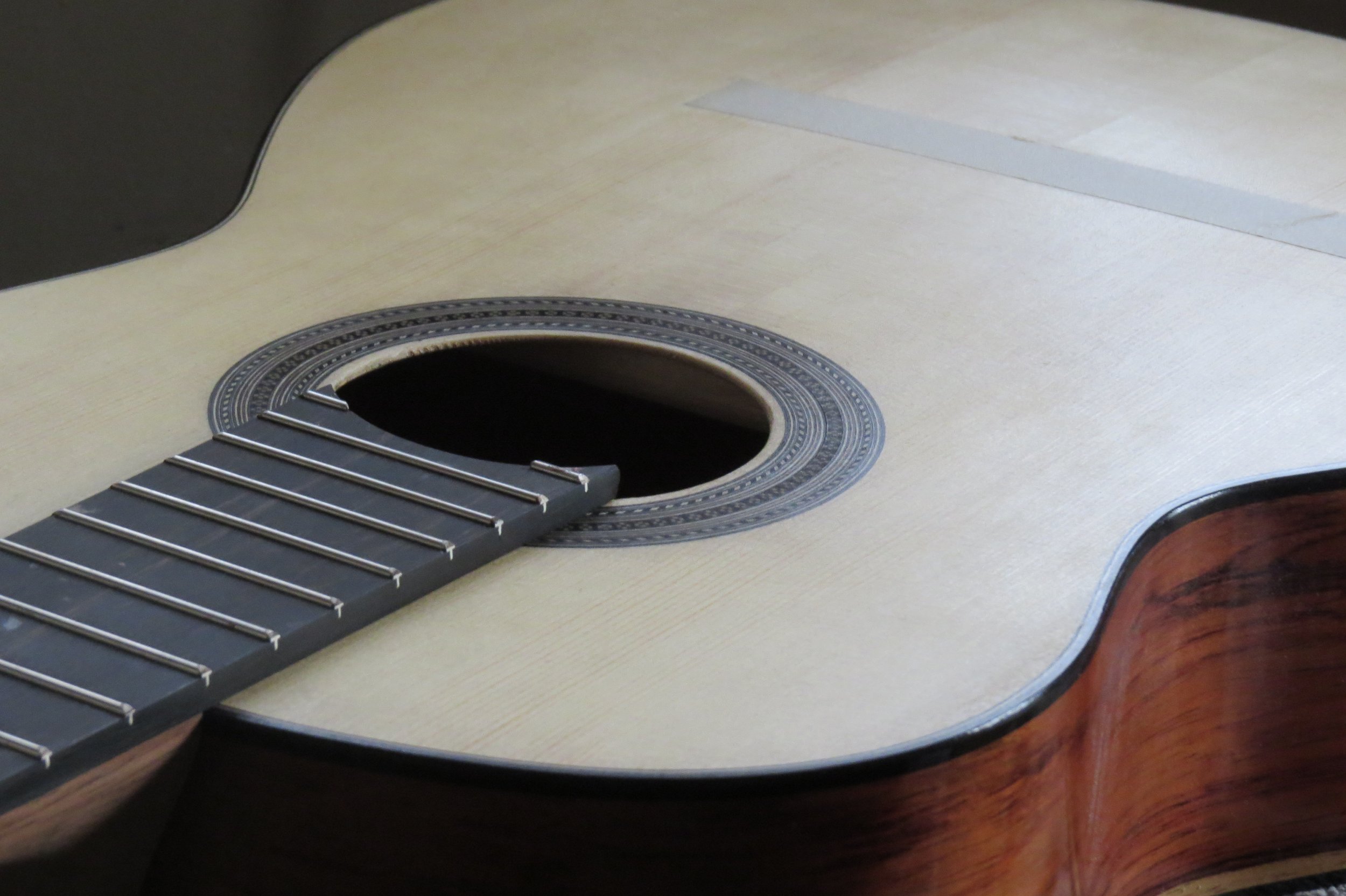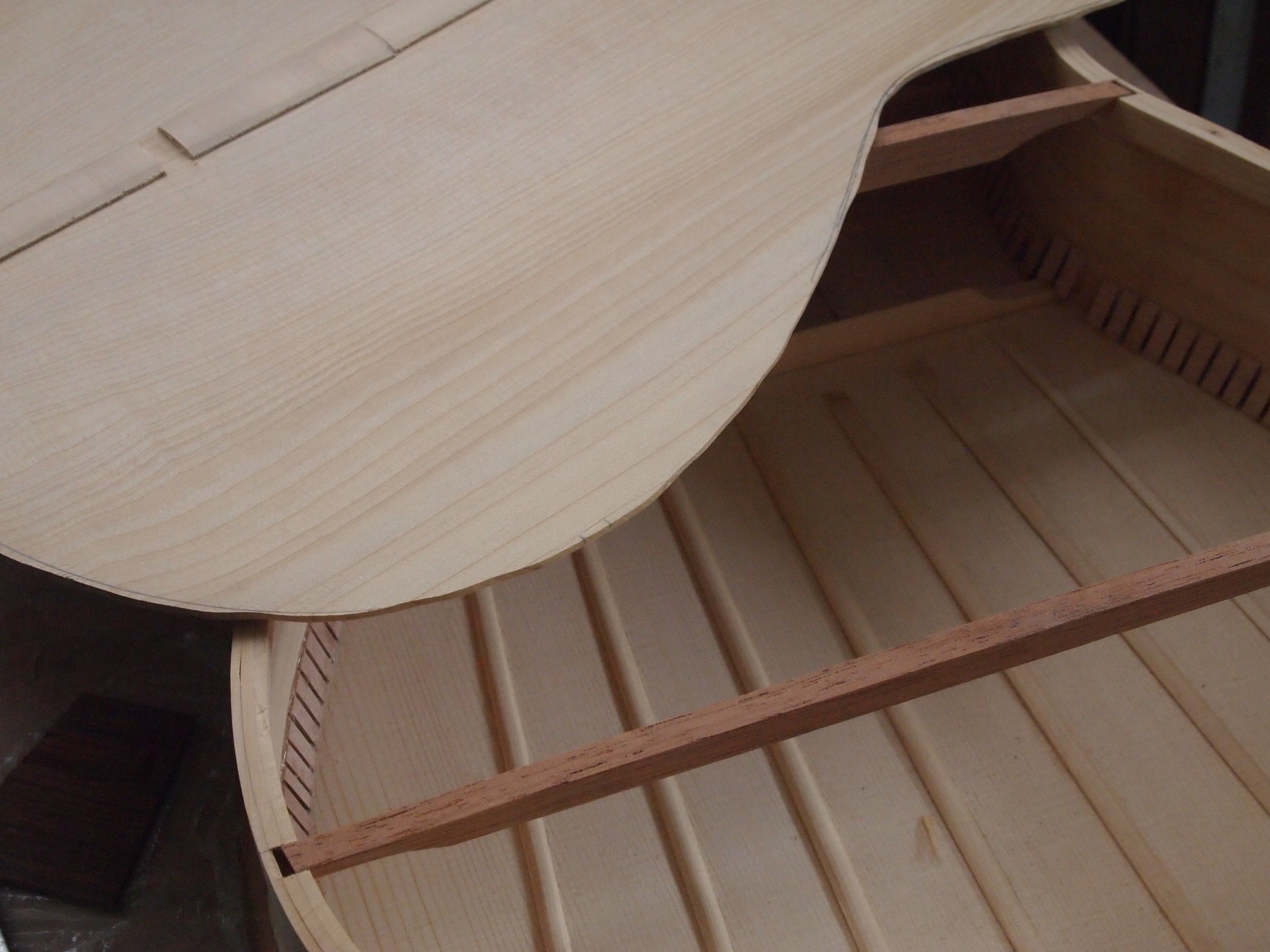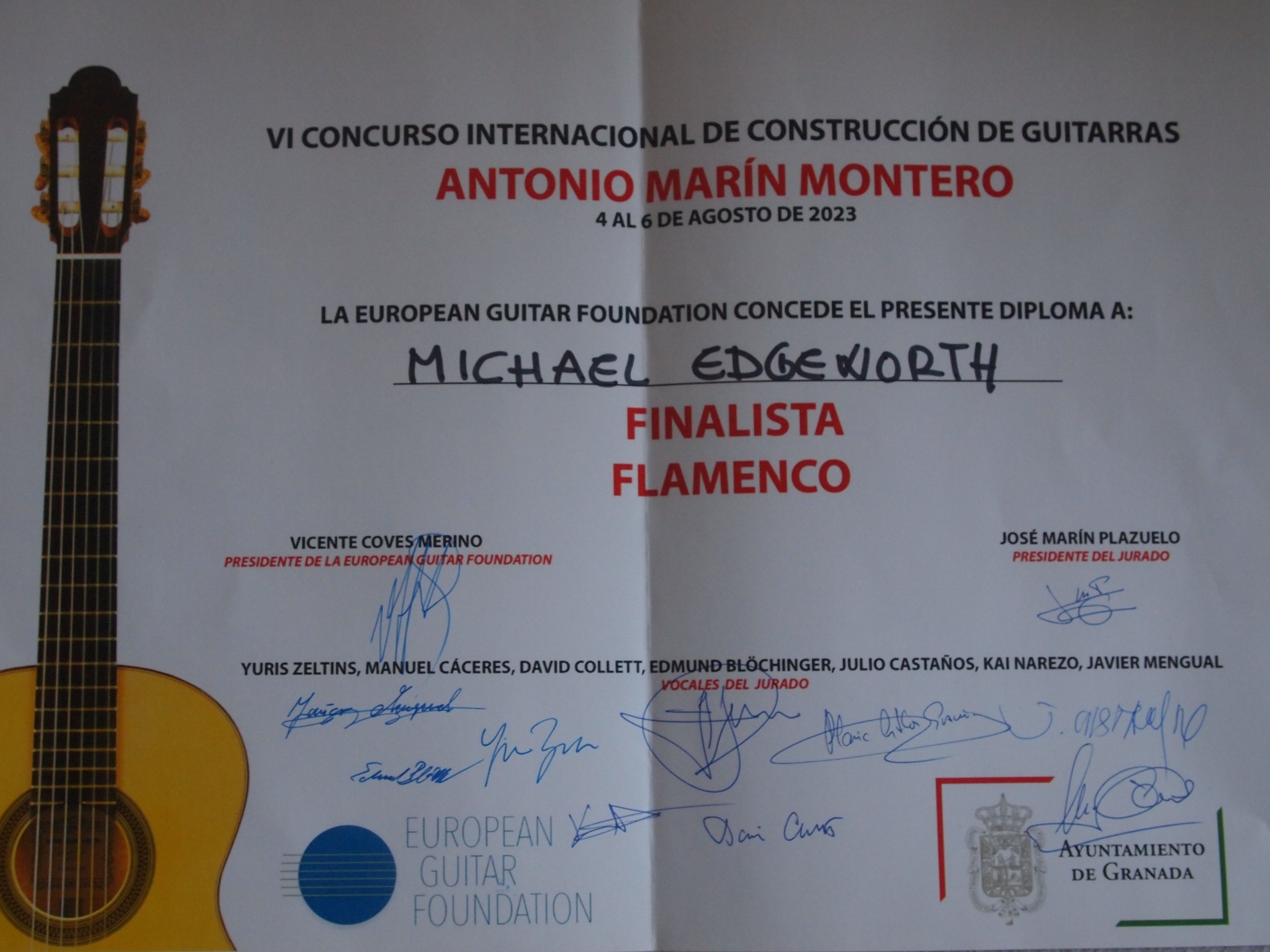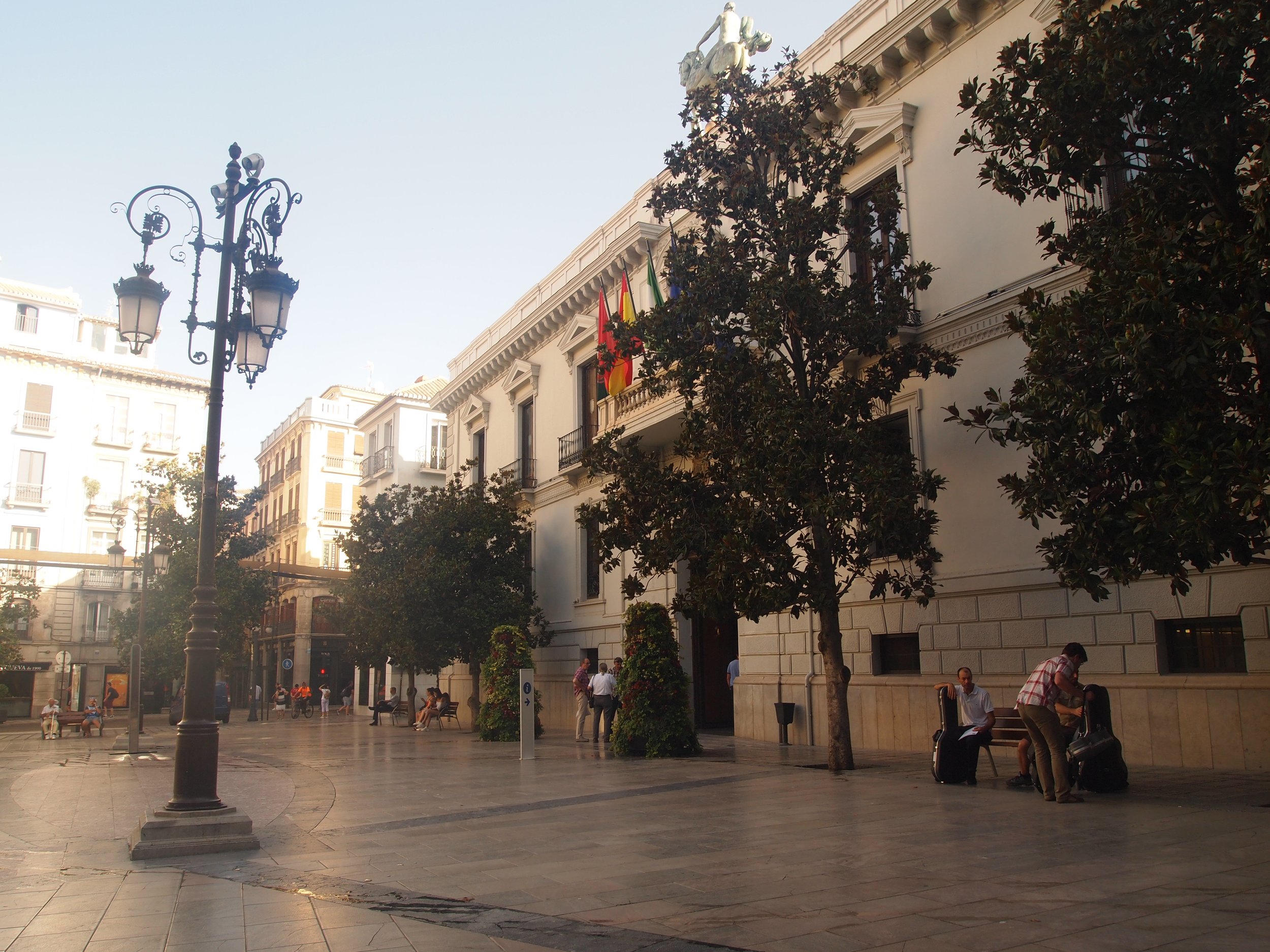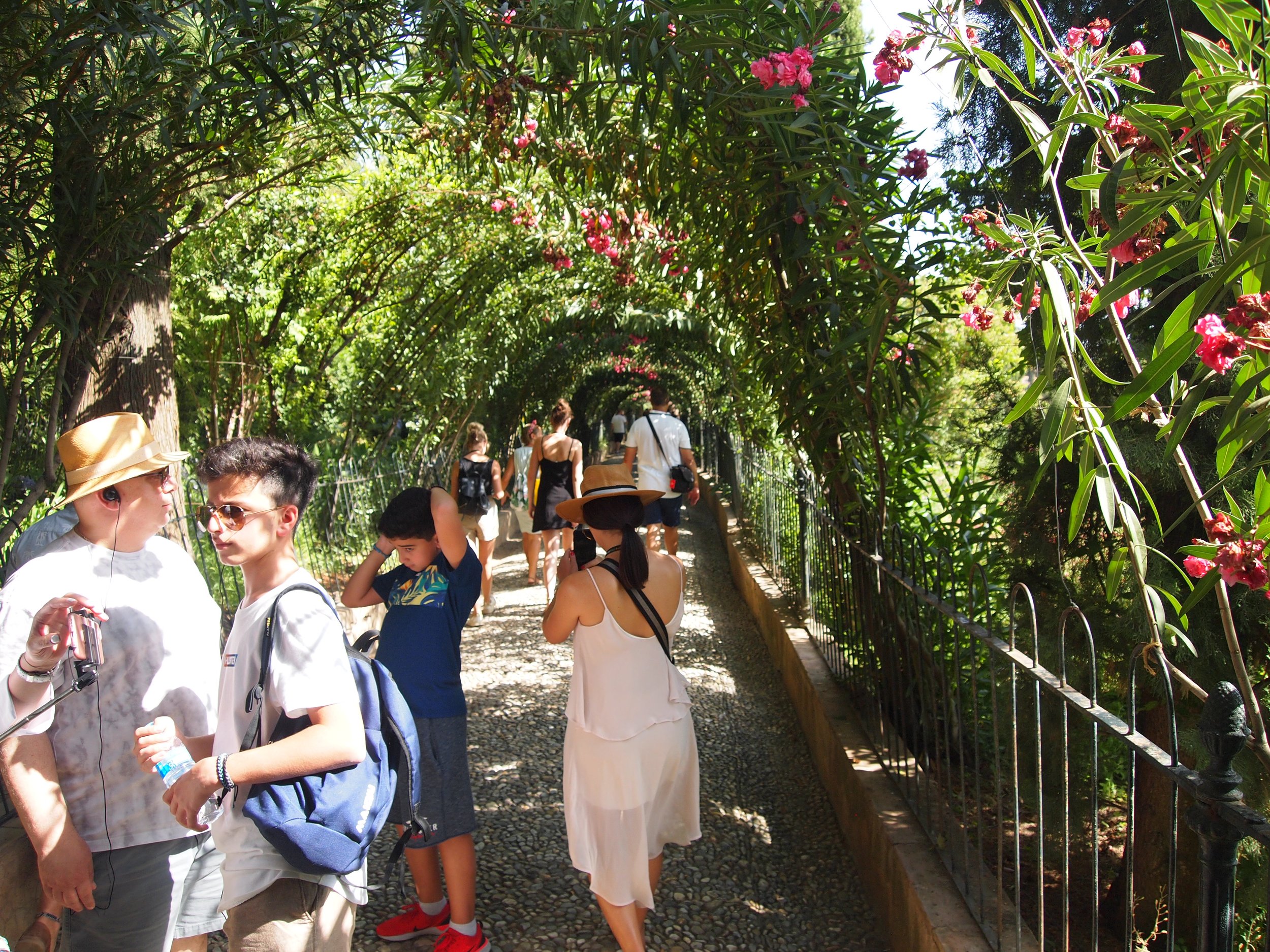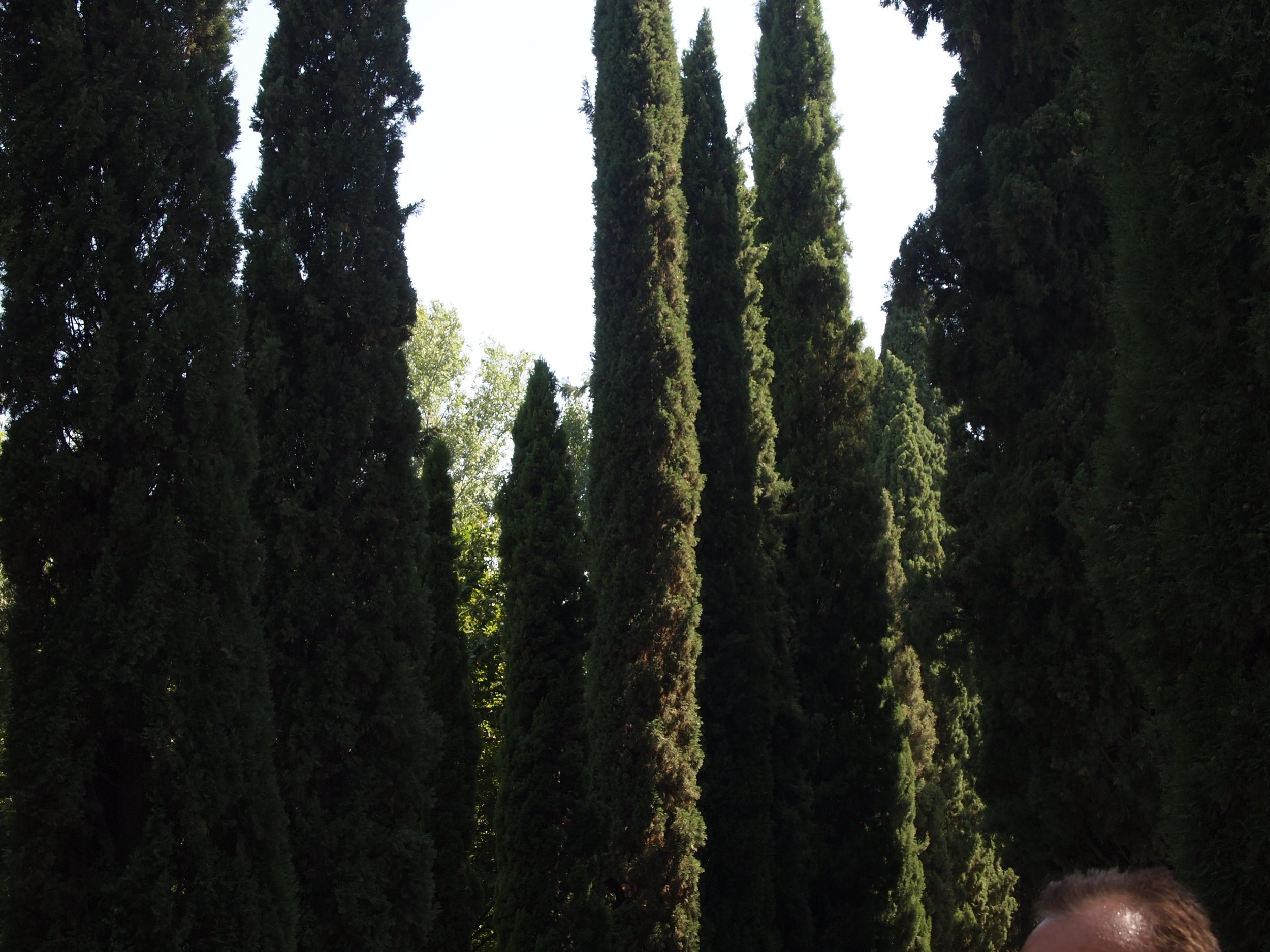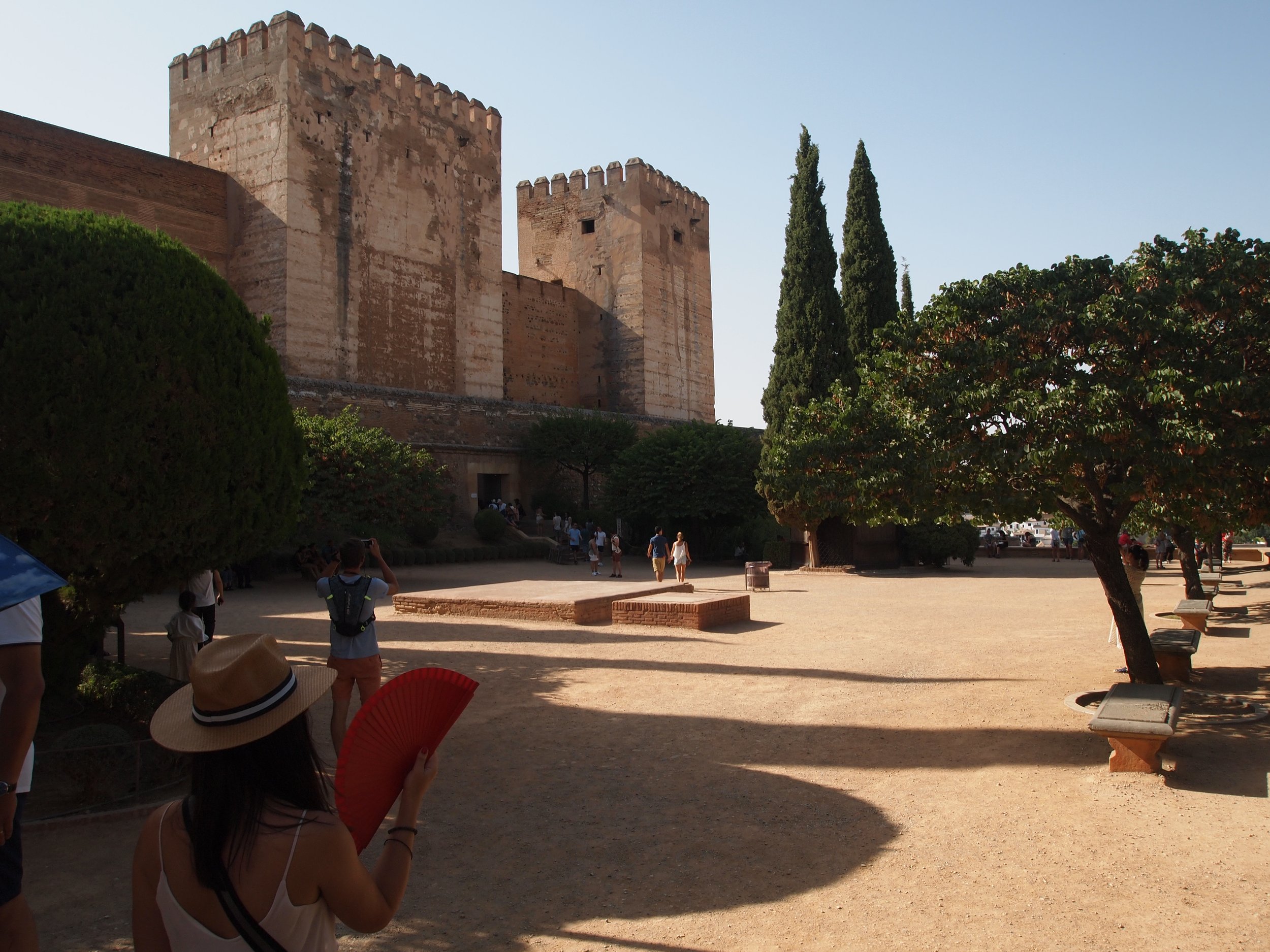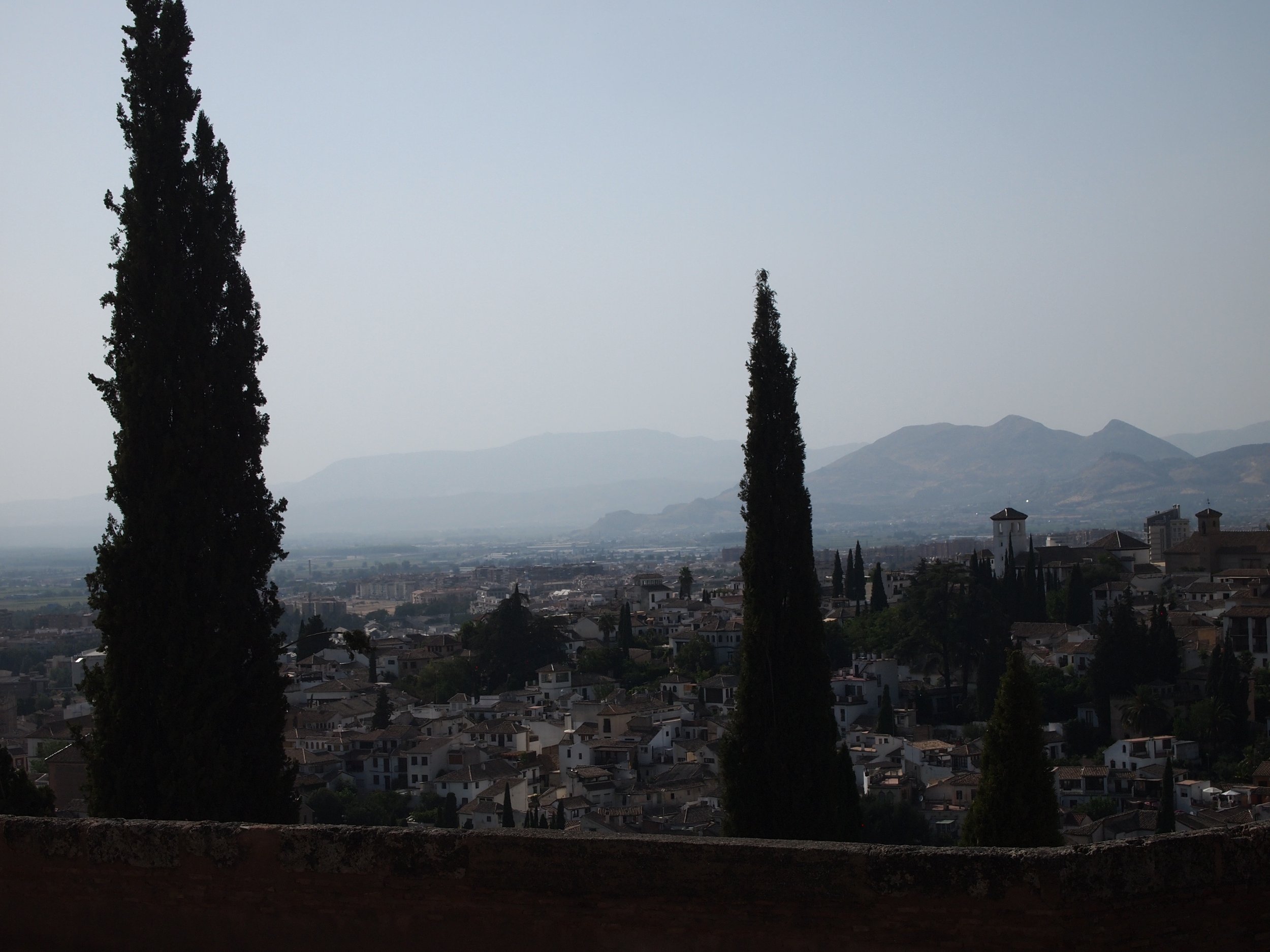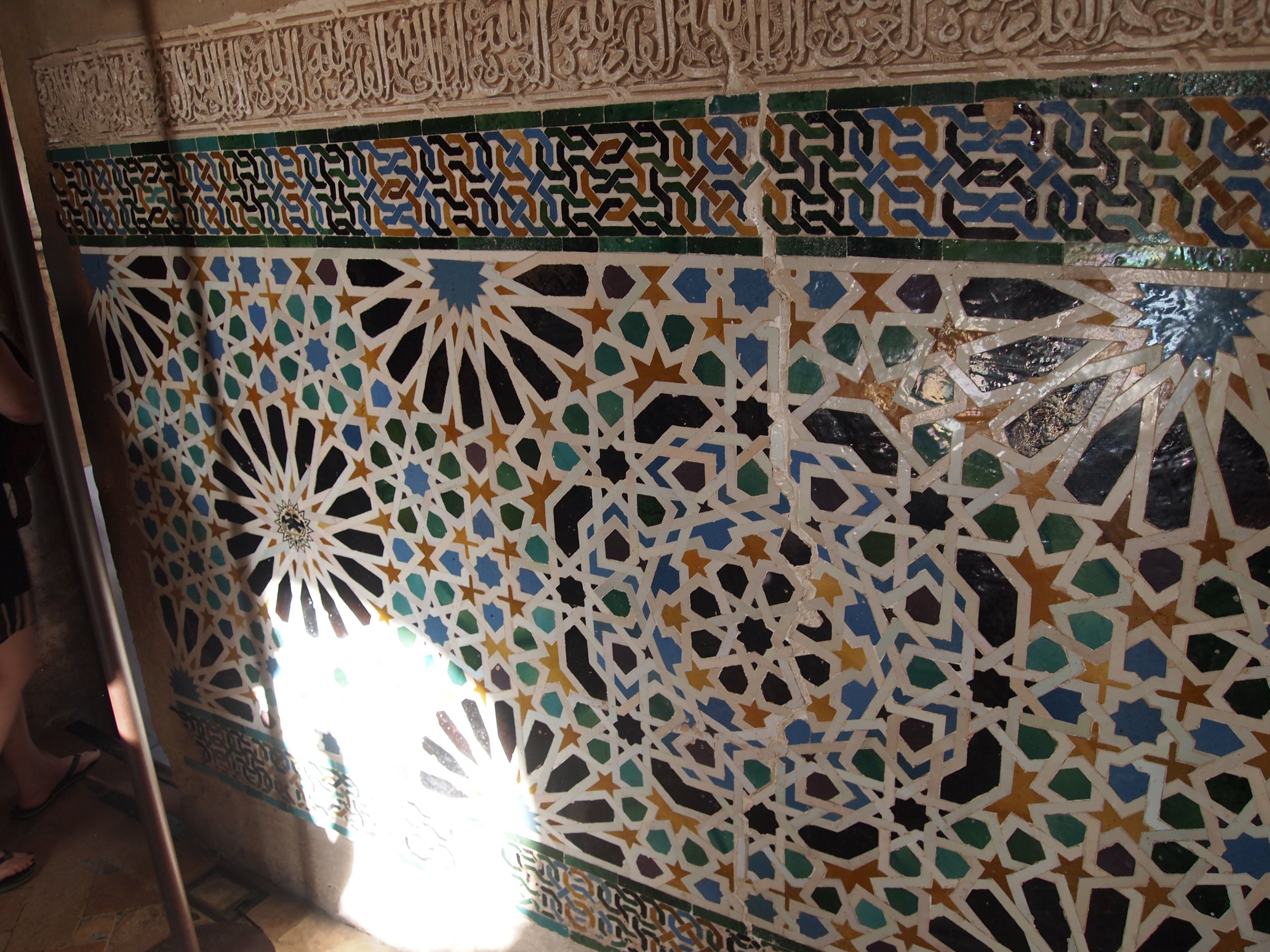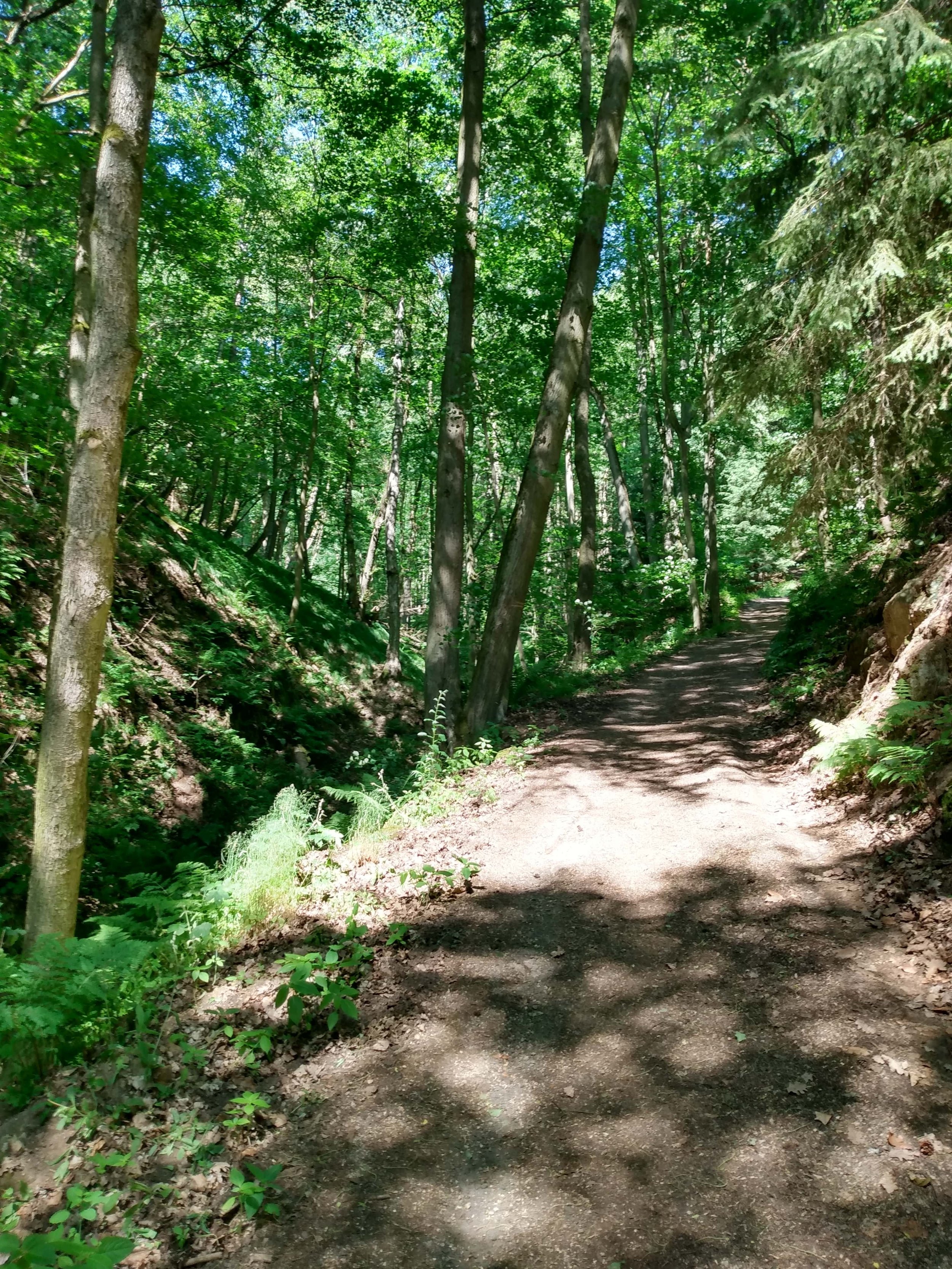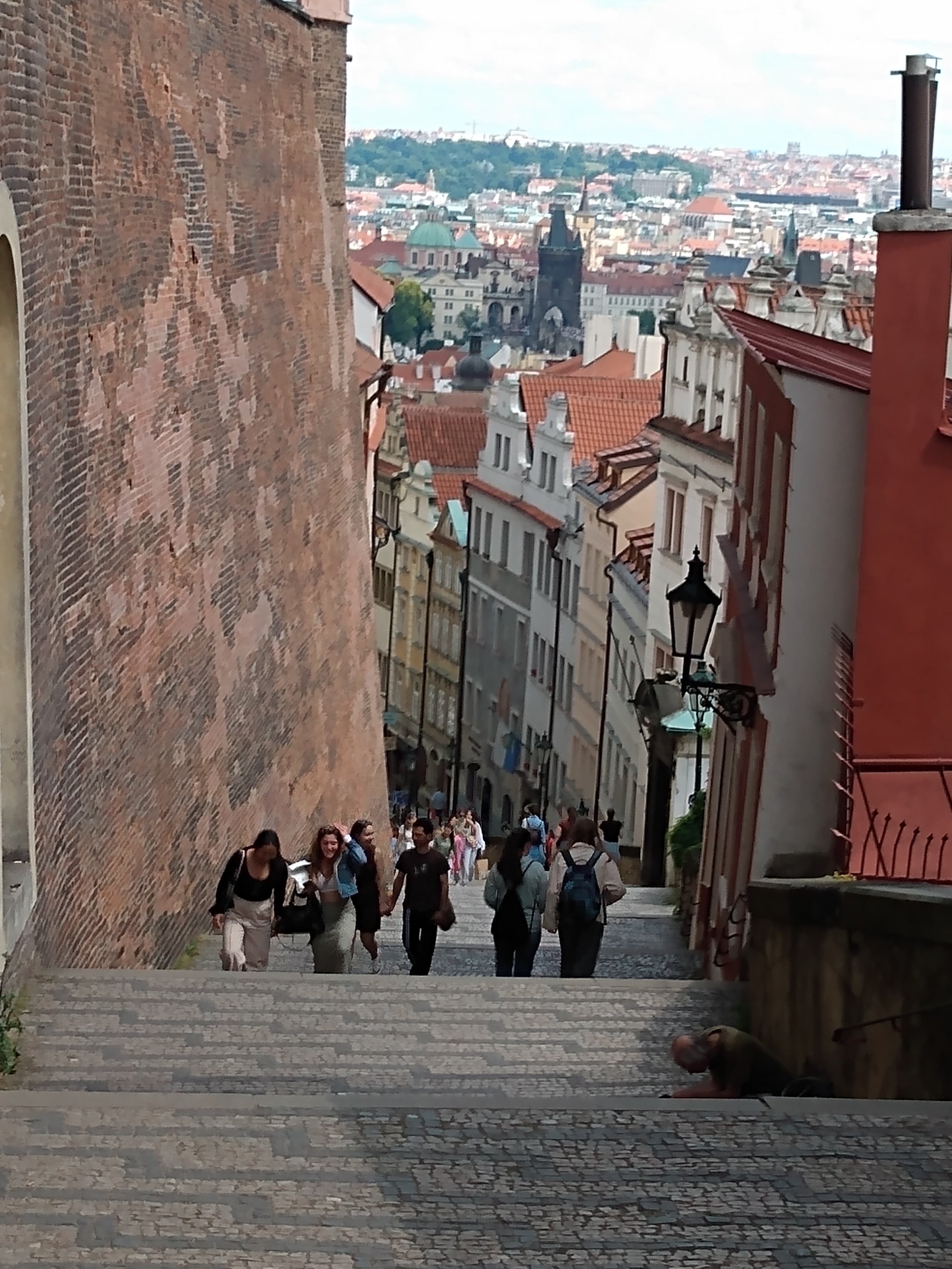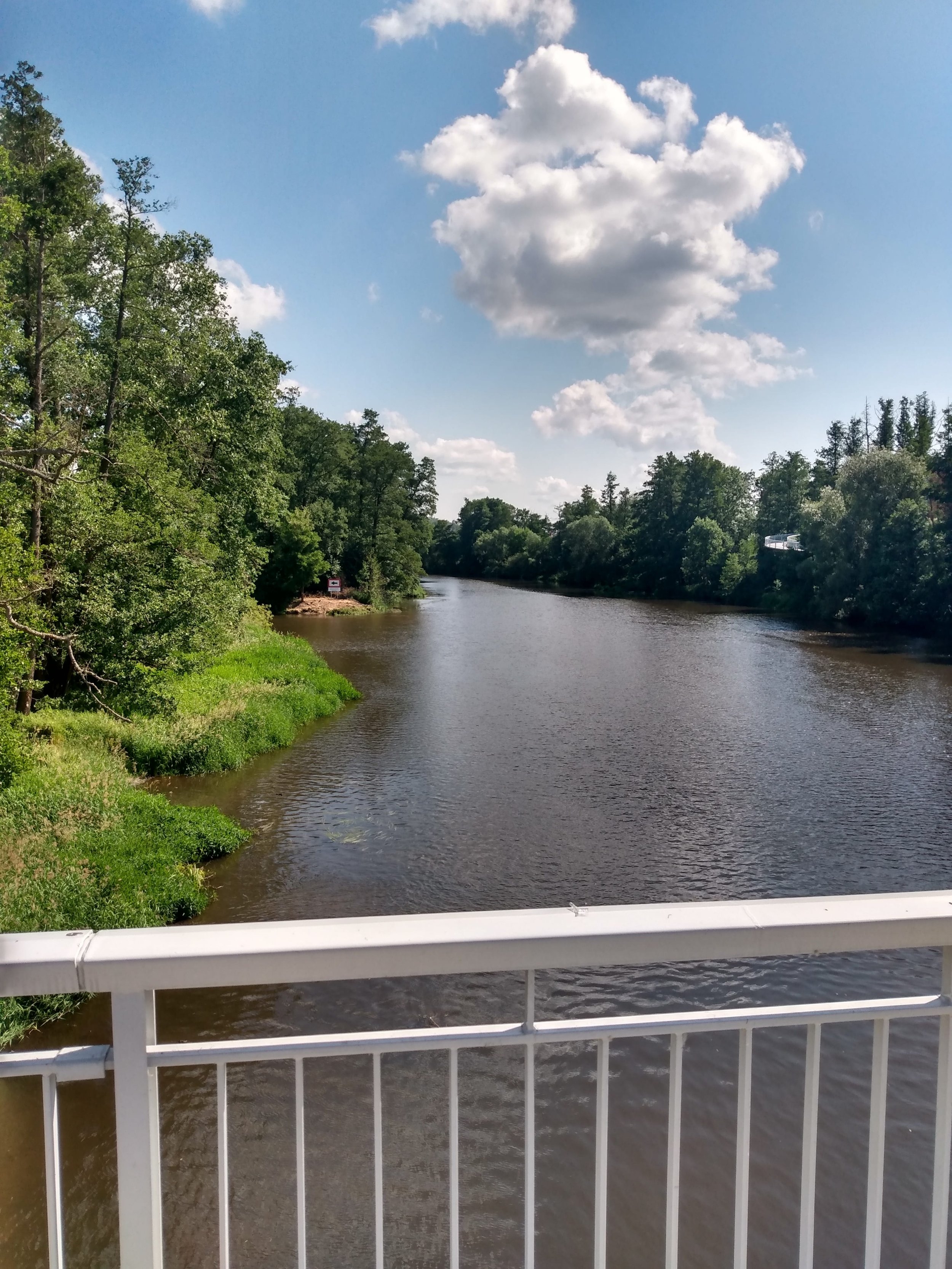When we refer to a setup on a classical guitar, we are talking about the playability of the instrument with regards to things that can be adjusted. When we consider the setup of a classical guitar, we evaluate the height of the strings at the 12th fret; the height of the strings at the nut/saddle; whether the guitar buzzes at all when played; whether the guitar is well intonated.
These considerations sound quite trivial but they are actually highly important. A guitar with a bad setup will be unplayable, or at least will inhibit the player from doing their best work. Many guitars - perhaps even the majority of guitars - will arrive from the factory or luthier with something about the setup that needs improving. Further exacerbating the issue, what exactly defines a good setup varies from player to player, as different classical guitarists have differing playing styles and requirements.
In this article I will clarify what a good setup is and why it’s important. I will cover the issues that can stem from a poor setup, and how to diagnose problems you may be having with your guitar. I will also clarify how to distinguish between trivial problems stemming from a poor setup, and more serious constructional problems which may require more work.
Relevant terms
Action
= the height of the strings from the fretboard.
On a classical guitar the action is measured at the 12th fret - from the top of the fret to the bottom of the string - on both E strings, high and low. Regular action on a classical guitar is 4mm for the low E, and 2.8mm for the high e.
It is quite typical for professional players to like a higher action, because they often pluck the strings harder with their right hand. The strings therefore vibrate more aggressively, and a higher action is needed to avoid the strings buzzing against the frets.
Some players prefer a lower than normal action, because a lower action feels easier for the left hand. How low the action can go before the strings start excessively buzzing against the frets, largely depends on the playing technique of the player.
Small adjustments make a big difference. A frequent remark about older Ramirez guitar was how high the action was on the low E string, at 5mm. Conversely, an action of 3mm on the low E string would be considered extremely low.
The nut = a piece of bone on which the strings rest between fretboard and the headstock.
The nut is notched for each string. Small adjustments to height of the strings at the nut can make a huge difference to playability. The nut is not usually glued in, and can be easily removed to be worked on, or replaced. Each nut is custom made for each particular guitar.
The saddle = the thin length of bone on which the strings rest at the bridge.
Each saddle is custom made for each individual guitar.
The height of the saddle determines the action of the strings at the 12th fret. If the strings on a classical guitar needed to be raised or lowered, the saddle would need to be adjusted/replaced.
Frets = the metal strips along the fretboard.
A variety of issues can arise if the frets and fretboard aren’t in good shape. Most of these issues result in buzzes.
Intonation = the accuracy of pitch at each fretted note on the classical guitar.
Problems with intonation on the classical guitar are slightly more involved but I would say within the realms of the ‘setup’. Intonation problems can usually be resolved by making adjustments in the position of the nut and saddle.
Problems that can be resolved by taking your classical guitar for a good setup:
Action is too high or low
Action that is too high can feel uncomfortable for the left hand. If it’s too low, the guitar likely buzzes when played. The action can be adjusted by either making a new saddle in order to raise the action, or lowering the current saddle. If a new saddle is required, it is important for both the sound and structure of the guitar that the new saddle fits tightly into the bridge.
The saddle will need to be raised/lowered by twice the amount you want the strings to be raised/lowered. For example, if you want the strings to be raised by 1mm, the saddle will need to be raised by 2mm. There are limits to how much the saddle can be raised or lowered on a classical guitar. These limits vary from guitar to guitar.
Fret Buzz
As mentioned, buzzing frets can result from the action being too low, or from an aggressive playing style. It can also occur if the frets aren’t completely level or if a fret has come slightly loose. This can be resolved by a repairman levelling the frets and pushing in any loose frets. If there is buzzing all over the fretboard, it probably means the action is too low. If the buzzing emanates from a particular fret, that fret probably needs to be levelled.
A sometimes unexpected cause of fret buzz is having the action too low at the bridge. Then, when playing around the 3rd fret, the string buzzes against the 1st or 2nd fret. It’s a mysterious buzz that players sometimes have trouble diagnosing. It can be solved by making a new nut with a slightly higher string height.
Guitar feels uncomfortable to play
The height of the strings at the nut makes a huge difference in playability, and if this measurement is accurate, it goes a long way to making a guitar feel good to play, even if the action at the 12th fret is on the high side.
Lowering the action can help. Small adjustments in the action, particularly on the treble strings, are very noticeable. An action of 3mm on the high e string might feel too high, where 2.7mm might feel perfect.
Polishing/recrowning the frets, filing the fret ends and cleaning the fingerboard can also help a guitar feel better to play.
There are other factors at play here which are outside the realm of the classical guitar setup. For example, a classical guitar may feel uncomfortable to play due to the neck shape, the internal bracing design, the body depth etc.
Buzzing from an unknown source
Buzzing can turn out to be a completely trivial problem or something more serious. Buzzing can arise if the strings are too low at the nut. So when playing at the 3rd fret, for example, the string buzzes against the 1st or second fret.
Mysterious buzzing can happen if the strings aren’t tied properly at the bridge or headstock. Completely innocuous. On the other hand, varying levels of structural issues such as loose bracing, or dried beads of glue inside the guitar, can cause buzzing. Buzzing from an unknown source can be beyond the scope of the guitar setup, but a good repairman will at least be able to help diagnose the problem.
String spacing too narrow or wide
If the string spacing feels too spacious or too cramped, or perhaps the E string is too close to the edge and slides off the fretboard when playing, a new nut with adjusted spring spacing may help. It would also be possible to keep the old nut too, or get multiple made and see which you prefer.
The guitar sounds out of tune
Problems with intonation are slightly outside the scope of the classical guitar setup. The brand and state of the strings must be taken into account, the pitch of each note, the positions of the frets, the positions of the bridge and saddle, must all be checked.
The most common intonation problem is that the nut or saddle are in slightly the wrong position. This can usually be resolved without too much of a problem. More involved would be frets in the wrong position but this is unlikely of either a factory guitar or a high quality luthier instrument.
Some people’s ears hone in more sharply on intonation flaws. It is possible to fine tune a guitar’s intonation by making an intonated saddle or intonated nut, or both.
